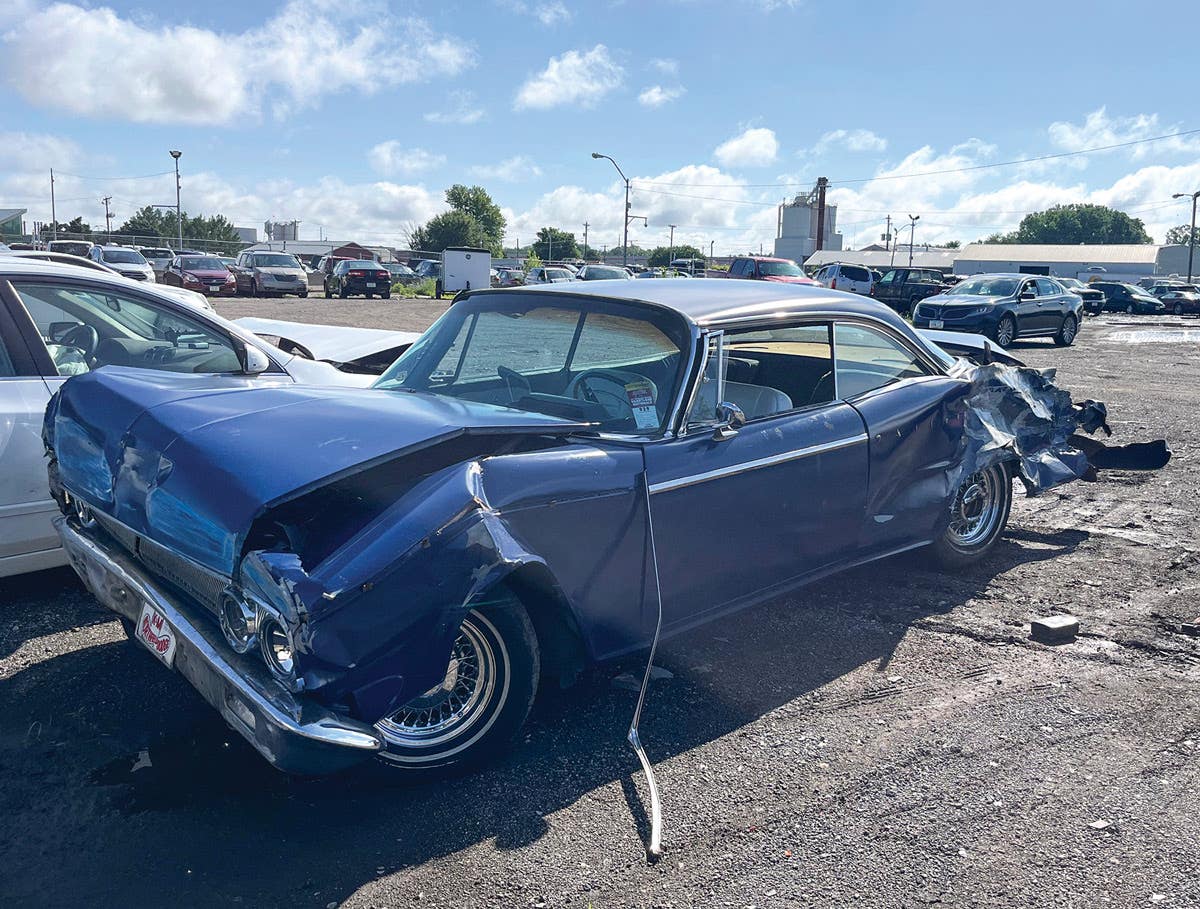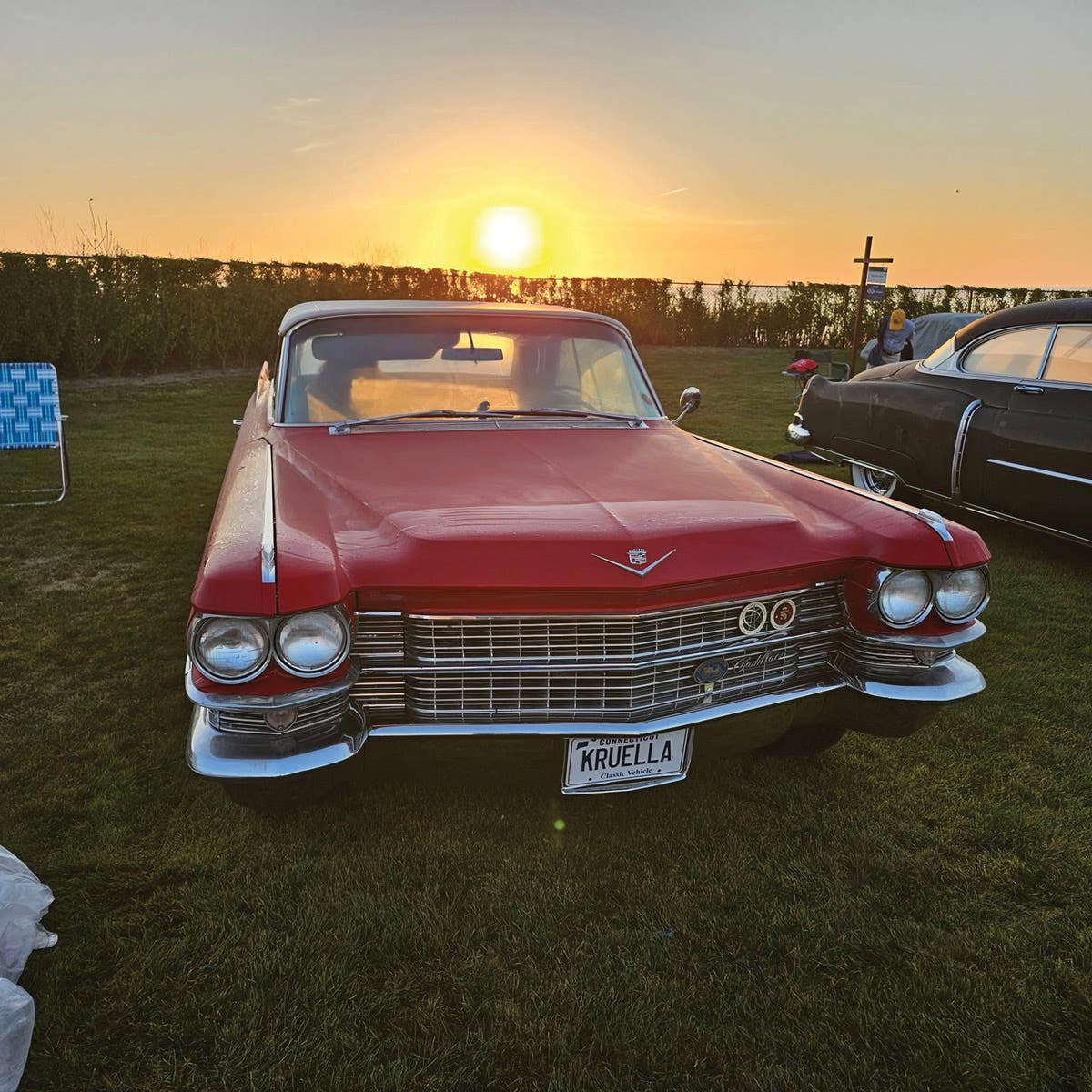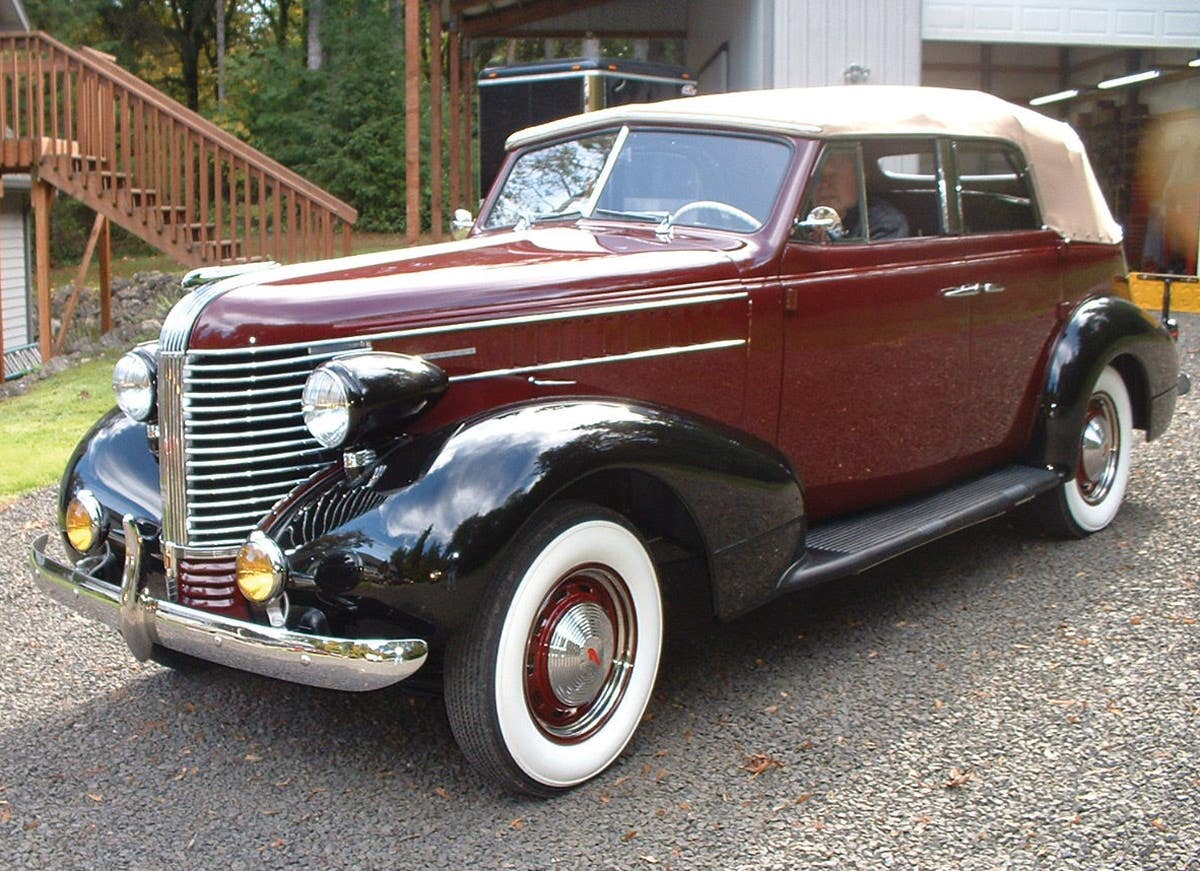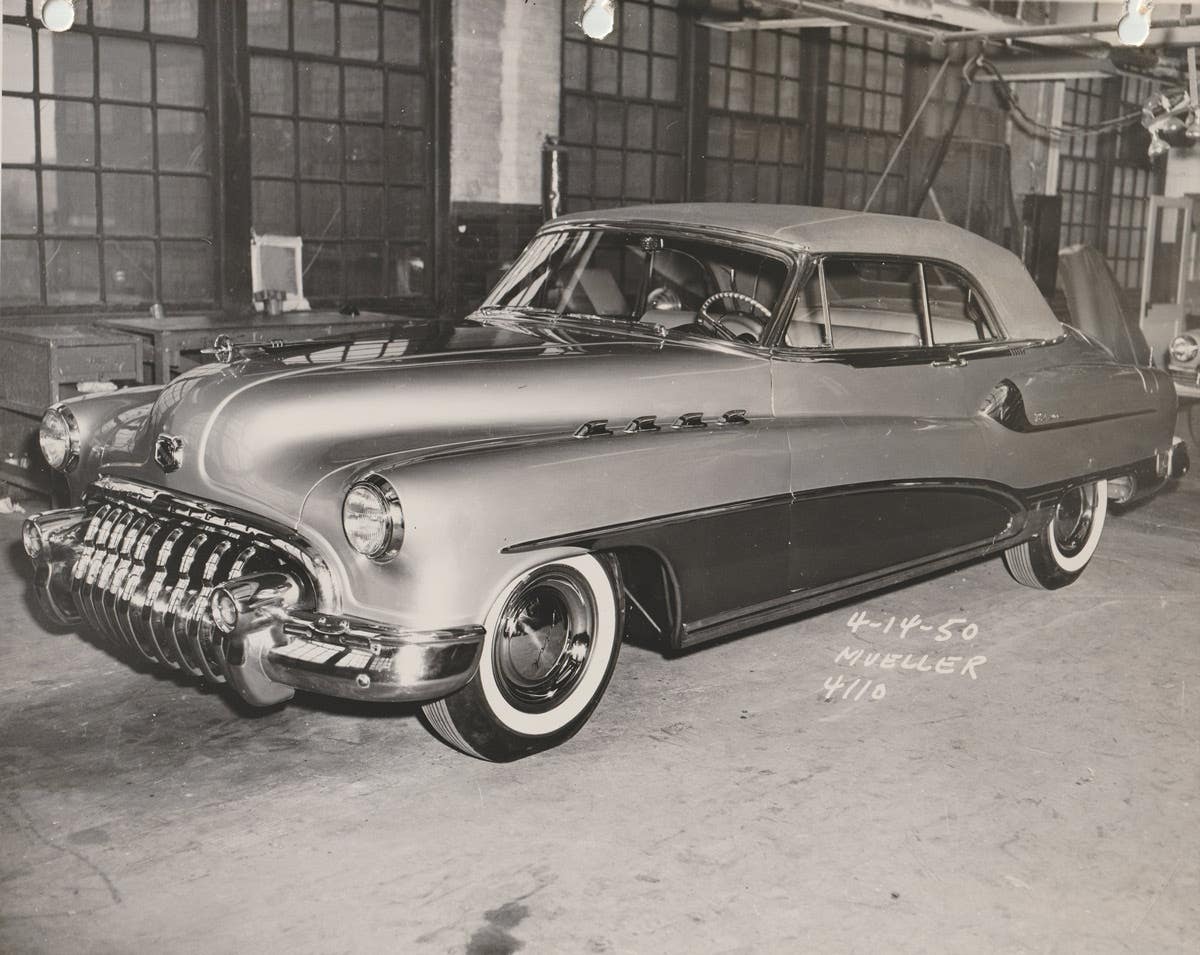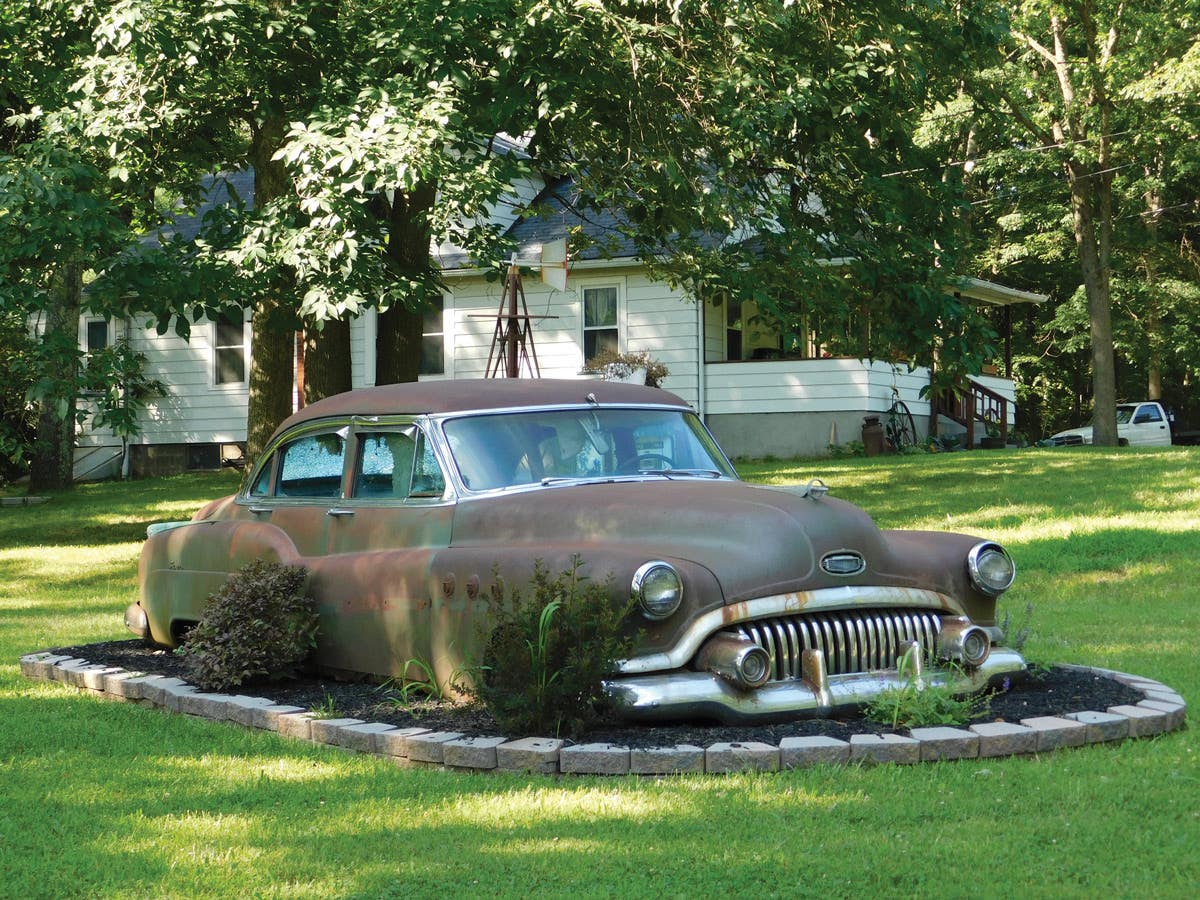Q&A with Kit Foster: March 1, 2012
Q. Your recent storage advice on empty vs. full tanks vs. fuel stabilizer (Q&A Dec. 29) is right on with one exception. If a car has a vented gas cap,…
Q. Your recent storage advice on empty vs. full tanks vs. fuel stabilizer (Q&A Dec. 29) is right on with one exception. If a car has a vented gas cap, not the newer pressure/vacuum-release caps, then either empty the tank completely or leave it full with stabilizer. Adding any small amount of gas will be bad because a vented cap allows the nearly empty tank to breathe with every change in barometric pressure and/or temperature. Each new addition of moist air to the nearly empty tank will add more and more water to the gas. By spring, the gas will be saturated with water, separated and a mess. I discovered this the hard way. A full tank has almost no air and barely breathes at all, thus no water collects.
Joe Gauer, Buchanan, Mich.
Q. Here’s a first-person horror story regarding STA-BIL. I bought a car in 1971 and still have it. Several years ago I tried STA-BIL in it for winter storage. One day upon entering the garage I smelled a strong gas odor. The rubber donut where the fill tube enters the gas tank had expanded to the point that it blew out of the tank and gas was all over the floor. Thank my luck that there was no fire. I took it apart and laid the donut on the bench. It was so large I could easily put my hand through it. Several days later the donut had resumed its normal size as it lay on the bench, so I reinstalled it. That was several years ago, I still have the car and that donut is still in there, working fine. I would never use or recommend that product to anyone. You sounded like you were in denial that something like this could happen but I only used it once and had a near disaster, so here is your first-person account.
Craig Henderson, via e-mail.
Q. I am writing in answer to Bill Walker’s question about modern gas, ethanol and storing cars. My answer is from five years’ experience that began with a terrible experience with my sail boat. About five years ago, my 30-foot sailboat, which uses less than a tank of gasoline (21 gallons) per year, would occasionally quit. Since I had gone through everything electrically I was finally told by another boater to drain the gas tank and put in gasoline without ethanol. That and all the electrical work cleared my problems.
In the investigation of the problem with ethanol, the chemical problem is oxygen attacking the gasoline and causing phase separation. So the key is to prevent the gasoline from interfacing with oxygen. My procedure on my eight running old cars in my barn (stored for about 4-6 months without running them), is to fill the gasoline tanks all the way to the top with gasoline, which eliminates oxygen in the tank. I then add about half a quart of oil to the gasoline tank. I also own a 1975 motor home that holds 50 gallons of gasoline. It has gone as long as 18 months without being driven.
Three months ago one of the major marine magazines ran and article about the ethanol problem. In summary it said to keep your boats tanks full of fuel. The heating and cooling cycle produces moisture and if the tank is full of gasoline that process cannot occur. This marine magazine also stated that once the gasoline has had phase separation occur there is no known chemical that will reverse the process or chemically correct the gasoline. The gasoline has to be disposed of. In the past five years I have no longer had a gasoline problem. This is not my opinion but has worked for me for my boat, motor home and cars. Keep those gasoline tanks full even in the driving season.
Don Mayton, Zeeland, Mich.
A. I’m right, I’m wrong, I’m somewhere in between. I don’t have much personal experience with this problem. As I have said before, I tend toward dry tanks for long-term storage when that is an option. Meanwhile, I’ve done some more study on ethanol.
When this topic arose, I wondered why ethanol didn’t solve the condensation problem, since alcohol absorbs water. Gas line antifreeze is basically alcohol. Reader Don Mayton refers to phase separation. In fact, it seems like ethanol absorbs too much water. With pure hydrocarbon gasoline, water separates quickly and sinks to the bottom of the tank, where it sits more or less benignly unless sucked into the fuel system. With ethanol, however, the separation occurs later but more ominously, since part of the ethanol is pulled out with the water. The resulting mess must then be completely emptied from the tank. So, if you cannot drain the tank, or do not wish to, by all means keep it full.
With regard to Mr. Henderson’s misfortune, I can only say he doesn’t give us enough information to analyze the problem: what car, what type of gas. Ethanol itself is known to cause old rubber compounds to swell. That’s why modern fuel systems use seals made of viton, a modern compound. Could ethanol, not STA-BIL, have caused his problem? While fuel stabilizers do retard the deterioration of gasoline, I’ve read that they do not prevent phase separation.
To submit questions to this column: E-mail angelo.vanbogart@fwmedia.com or mail to: Q&A, c/o Angelo Van Bogart, 700 E. State St., Iola, WI 54990-0001.
Got Old Cars?
If you don't subscribe to Old Cars Weekly magazine, you're missing out on the only weekly magazine in the car hobby. And we'll deliver 54 issues a year right to your mailbox every week for less than the price of a oil change! Click here to see what you're missing with Old Cars Weekly!
More Resources for Car Collectors:
- Classic car price guides, research, books, back issues of Old Cars Weekly & more
- Get expert restoration advice for your classic car
- Get car pricing, data and history all in one place
- Sign up for Old Cars Weekly's FREE email newsletter
- Need to buy or sell your classic car? Looking for parts or memorabilia? Search our huge online classified marketplace



